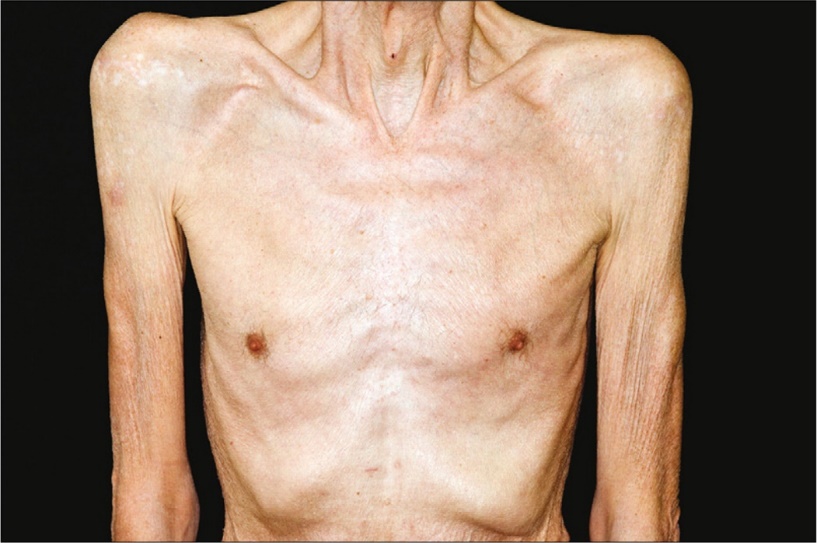 Muscle Protein Loss in Aging and Cancer
Treatments
Management
Contact Us
Muscle Protein Loss in Aging and Cancer
Treatments
Management
Contact Us
Loss of skeletal muscle proteins is the primary cause of muscle weakness. It is well established that age-related muscle loss, known as sarcopenia, which is a natural part of ageing, typically begins around age 30, with a gradual decline in muscle proteins and thus muscle strength over time. Such loss of muscle proteins is exacerbated by inactivity which can be partially prevented by exercising regularly. However, older people usually cannot exercise at the level, particularly when their health is deteriorated, that would be needed to maintain their muscle strength. In those cases, a special non-toxic treatment, which is presently not available in the clinical practice, would help.
ZK Aging&CanCureLab (ZKAC) is presently developing a human protein (ZKACPr1) which in old mice prevents the loss of muscle proteins resulting in increased survival.
During tumor development a large portion of cancer patients unintentionally lose significant portion of their body weight along with reduced muscle strength; this syndrome called cancer cachexia directly responsible for about 30% of all cancer deaths. A typical cachectic cancer patient is shown to the right.
Research by ZKAC revealed that in various animal tumor models loss of muscle proteins, the underlying cause of muscle weakness, starts very early during tumor development when no noticeable changes in body weight and muscle mass occur yet, implying that the same is true in case of cancer patients as well regardless whether they lose or not body and muscle weight. ZKAC research potentially provides the means by which muscle weakness in cancer patients can be, and should be, prevented.
